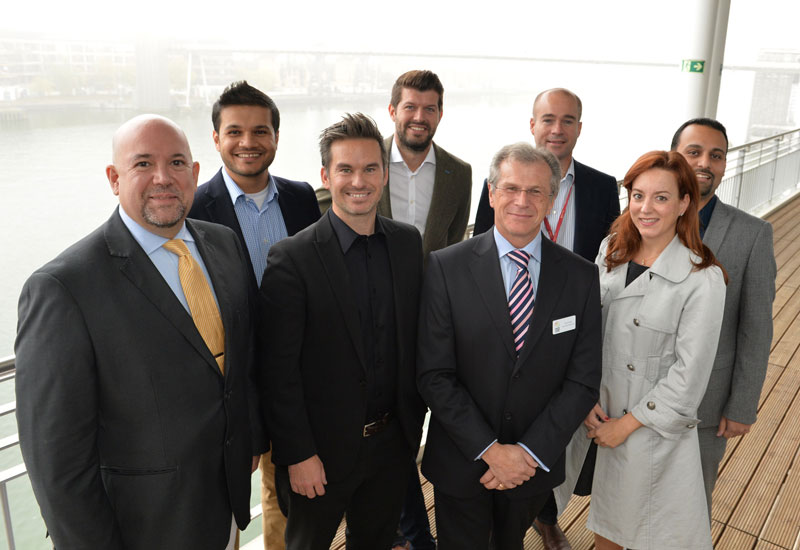 Hotelier Middle East collaborates with Arabian Travel Market 2016 to find out how hotels can capitalise on the new digital era of sales
Hotelier Middle East collaborates with Arabian Travel Market 2016 to find out how hotels can capitalise on the new digital era of sales
Paul Richer: What difference does personalisation make to customer engagement?
Kevin Thorogood: A lot of personalisation is geared to what can you sell them next, the next best offer. The companies that do reasonably well are those that take a wider view, across sales, marketing and service. Much more customer-centric, more targeted marketing, more segmentation, but it’s still largely campaign-driven. Let’s think about what’s the right conversation for them, not necessarily my view of the world, what I want to sell them next.
Ali Hashmi: If you look at the Saudi market, 80% of the queries related to travel happen in Arabic. If you think about the overall journey of a traveller, we all know that hotels have figured out what language you want your newspapers in, when you like your laundry. These types of questions have been answered, but when you get further up the funnel, we’re not there yet. I personally, at Google, work a lot with tourism boards and hotels. Tourism boards are a very intangible offering. Most are not in the business of selling anything. They’re promoting a destination. The two biggest players in the region, Dubai and Abu Dhabi in terms of their presence, mean different things to different people. Talk to people and they want to go to those places for more than sun, sand and beach. Our emerging ad technologies try to allow people to engage and self-select.
Kevin T: It’s interesting, a lot of personalisation is based on what you know about the customer and it gets segmented and you treat them as you think you should as a segment. It’s adaptive personalisation. Working out what they want to do right now in this moment. A lot of people talk about customer journeys. Customers are on multiple journeys. It’s almost taking that view of listening and understanding and changing our behaviour for the customer.
Paul: Do you think in the Middle East and Africa, people are more inclined to want to talk to other people? Is a lot of personalisation guiding people in one-to-one physical conversations?
Meritxell Clemente: Exactly. Personalisation starts from inspiring, then searching, and then guiding the traveller through the entire journey, in all possible channels. In order to facilitate this task to the travel industry, we commissioned Future Foundation to understand tomorrow’s traveller and we identified six groups of travellers by 2030 (Simplicity Searchers, Cultural Purists, Ethical Travellers, etc..) This will help travel industry players to adjust their offer and technology and provide suggested recommendation through the entire journey. Personalisation is proven to improve conversion rates.
Kevin Clapson: You’re asking about local and cultural differences. Probably the biggest one where we see a difference in how they behave is the speed. We see people in Middle East make a decision in a fraction of the time. In Europe or the UK, it’s 65 to 70 days. If they know they want to travel, they make up their minds in 10 days and go. They don’t tend to book months in advance.
Farooq bhatti: We found travellers in the Middle East visit 12 sites, and travellers in Europe [visit] 20 sites. The journey is almost 50% faster.

| Advertisement |








 Search our database of more than 2,700 industry companies
Search our database of more than 2,700 industry companies









